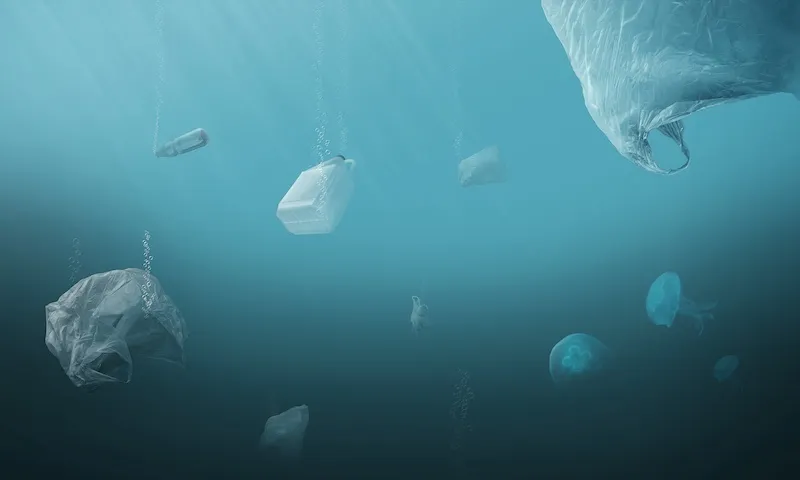
Animal testing issues in the REACH regulation
A lot of chemical data to provide for REACH 2018: which test to choose?
REACH�s 2018 deadline is on the 31 May 2018. To comply with regulations, companies must proceed to numerous tests on their substances.
For these future REACH registrants, avoiding animal testing while meeting regulatory requirements will be increasingly viable: �Following the adoption of new OECD test methods, recent and imminent changes to the REACH Guidance by Echa, REACH 2018 registrants are increasingly able to meet the Annex VII and Annex VIII data requirements while avoiding animal testing�, TSGE Consulting's Dr David Andrew said in an interview with Chemical Watch.
Animal testing under REACH: an incitement towards alternative testing methods
The REACH regulation is very clear on the subject: it requires the use of non-animal tests whenever possible. Animal testing should only be undertaken as a last resort.
The will to guide manufacturers towards alternative methods is proved: changes will be made to the Annex VII and Annex VIII of REACH in 2016. The amendments to the practical guides will take these new test methods into account, and ban some animal tests.
What alternative test methods are allowed by REACH?
Animal testing isn�t the only solution!
REACH has approved lots of methods that are able to replace animal testing. Moreover, significant improvements have been made in in vitro tests and computer models.
A guide was published to help registrants
NGO Cruelty Free International (CFI) and TGSE came to the registrant�s help by publishing a guide on how to avoid animal testing for REACH 2018 registrations. This detailed guide aims to help manufacturers become more competitive on chemical regulations. For instance, it suggests alternative testing strategies to animal testing.
TSGE Consulting's Dr David Andrew added that �an intelligent testing strategy is essential for all substances, in order to minimize the extent of testing and the associated costs, while ensuring that registrants have a compliant dossier�.
Cruelty Free International�s quote
Dr Katy Taylor of CFI said: "There are new possibilities now to avoid animal testing for skin corrosion and irritation, skin sensitization, serious eye damage and irritation and acute toxicity tests. It is vital that registrants become familiar with these updates and ensure that they use them to avoid causing suffering to animals."
Need a quote on the required tests for REACH 2018 dossier?
EcoMundo guides you throughout each step of the REACH registration process. Discover our REACH only representative (OR) expert service:
- REACH Expert services (Consulting)
- REACH registration dossier
- Lead registrant assistance
- SIEF management
- Member dossier in IUCLID format
- Registration strategy
Animal testing issues in the REACH regulation
A lot of chemical data to provide for REACH 2018: which test to choose?
REACH�s 2018 deadline is on the 31 May 2018. To comply with regulations, companies must proceed to numerous tests on their substances.
For these future REACH registrants, avoiding animal testing while meeting regulatory requirements will be increasingly viable: �Following the adoption of new OECD test methods, recent and imminent changes to the REACH Guidance by Echa, REACH 2018 registrants are increasingly able to meet the Annex VII and Annex VIII data requirements while avoiding animal testing�, TSGE Consulting's Dr David Andrew said in an interview with Chemical Watch.
Animal testing under REACH: an incitement towards alternative testing methods
The REACH regulation is very clear on the subject: it requires the use of non-animal tests whenever possible. Animal testing should only be undertaken as a last resort.
The will to guide manufacturers towards alternative methods is proved: changes will be made to the Annex VII and Annex VIII of REACH in 2016. The amendments to the practical guides will take these new test methods into account, and ban some animal tests.
What alternative test methods are allowed by REACH?
Animal testing isn�t the only solution!
REACH has approved lots of methods that are able to replace animal testing. Moreover, significant improvements have been made in in vitro tests and computer models.
A guide was published to help registrants
NGO Cruelty Free International (CFI) and TGSE came to the registrant�s help by publishing a guide on how to avoid animal testing for REACH 2018 registrations. This detailed guide aims to help manufacturers become more competitive on chemical regulations. For instance, it suggests alternative testing strategies to animal testing.
TSGE Consulting's Dr David Andrew added that �an intelligent testing strategy is essential for all substances, in order to minimize the extent of testing and the associated costs, while ensuring that registrants have a compliant dossier�.
Cruelty Free International�s quote
Dr Katy Taylor of CFI said: "There are new possibilities now to avoid animal testing for skin corrosion and irritation, skin sensitization, serious eye damage and irritation and acute toxicity tests. It is vital that registrants become familiar with these updates and ensure that they use them to avoid causing suffering to animals."
Need a quote on the required tests for REACH 2018 dossier?
EcoMundo guides you throughout each step of the REACH registration process. Discover our REACH only representative (OR) expert service:
- REACH Expert services (Consulting)
- REACH registration dossier
- Lead registrant assistance
- SIEF management
- Member dossier in IUCLID format
- Registration strategy







